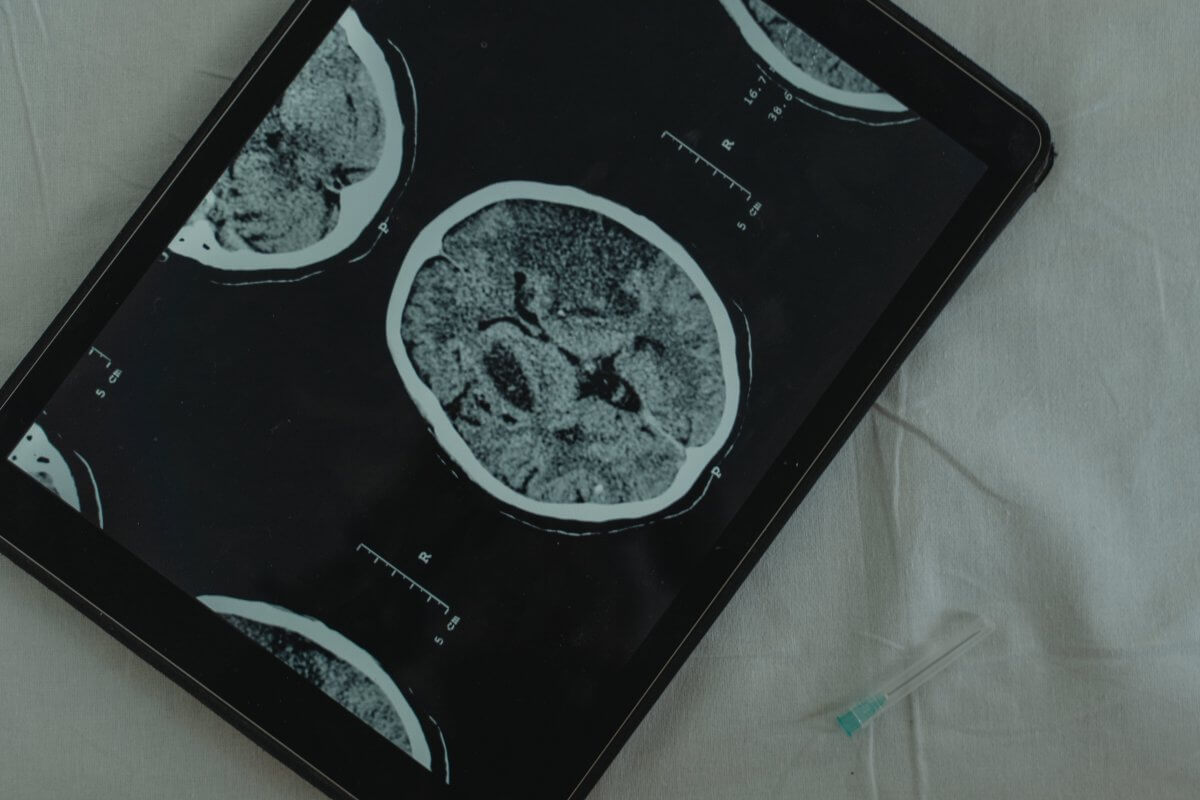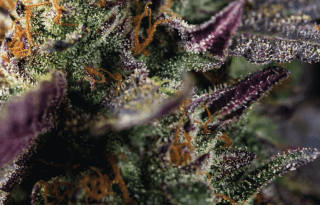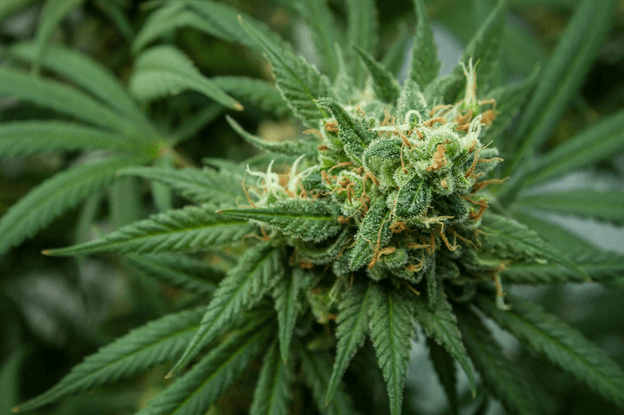Potential effect of cannabinoids on neurocognitive diseases
Cannabinoids are a group of chemical compounds found in the cannabis plant. They interact with the body’s endocannabinoid system (ECS), a complex network of receptors, enzymes and endocannabinoids that plays a crucial role in regulating various physiological functions. Cannabinoids act on the brain by primarily activating the CB1 and CB2 receptors [1].
Studies suggest that cannabis use in the form of synthetic THC-based prescription drugs such as nabiximols, dronabinol and nabilone has increased in recent years among older adults and people with chronic degenerative/inflammatory brain diseases [1]. These diseases include, for example, amyotrophic lateral sclerosis (ALS), Parkinson’s disease, multiple sclerosis, Alzheimer’s disease and schizophrenia.
By linking the development of these diseases to the ECS, certain cannabinoids have potential effects that can support patients suffering from one of these diseases and alleviate their symptoms.
Studies suggest, for example, that cannabis can slow down the onset and severity of ALS symptoms. It can have positive effects on pain, spasticity, drooling, anorexia and sleep disorders. It is also known that cannabis can help ALS patients who suffer from breathing difficulties by increasing bronchodilation [1].
Parkinson’s disease is another neurocognitive disorder where medicinal cannabis has been successful in providing symptom relief. This is a progressive neurodegenerative disease that mainly affects older people and is characterized by the loss of dopaminergic neurons. The resulting decline in dopamine levels leads to the main symptoms of Parkinson’s disease. These often manifest as slowness of movement, stiffness of the limbs and slow rhythmic tremors [1].
Studies suggest that the administration of THC can improve physical activity and hand-eye coordination as well as motor problems, including resting tremor, stiffness and posture. CBD also shows positive effects, particularly by reducing REM sleep and improving sleep behavior disorders [1].
Finally, it has been shown that the combination of CBD and synthetic cannabinoid agonists can reduce the motor problems and pain caused by Parkinson’s disease [1].
Overall, it can be concluded from the above studies that short-term cannabis use can temporarily alleviate a wide range of symptoms associated with neurological disorders and thereby support the treatment of such conditions.
Reference:
1 Leinen, Z. J., Mohan, R., Premadasa, L. S., Acharya, A., Mohan, M., & Byrareddy, S. N. (2023). Therapeutic Potential of Cannabis: A Comprehensive Review of Current and Future Applications. Biomedicines, 11(10), 2630. https://doi.org/10.3390/biomedicines11102630
















